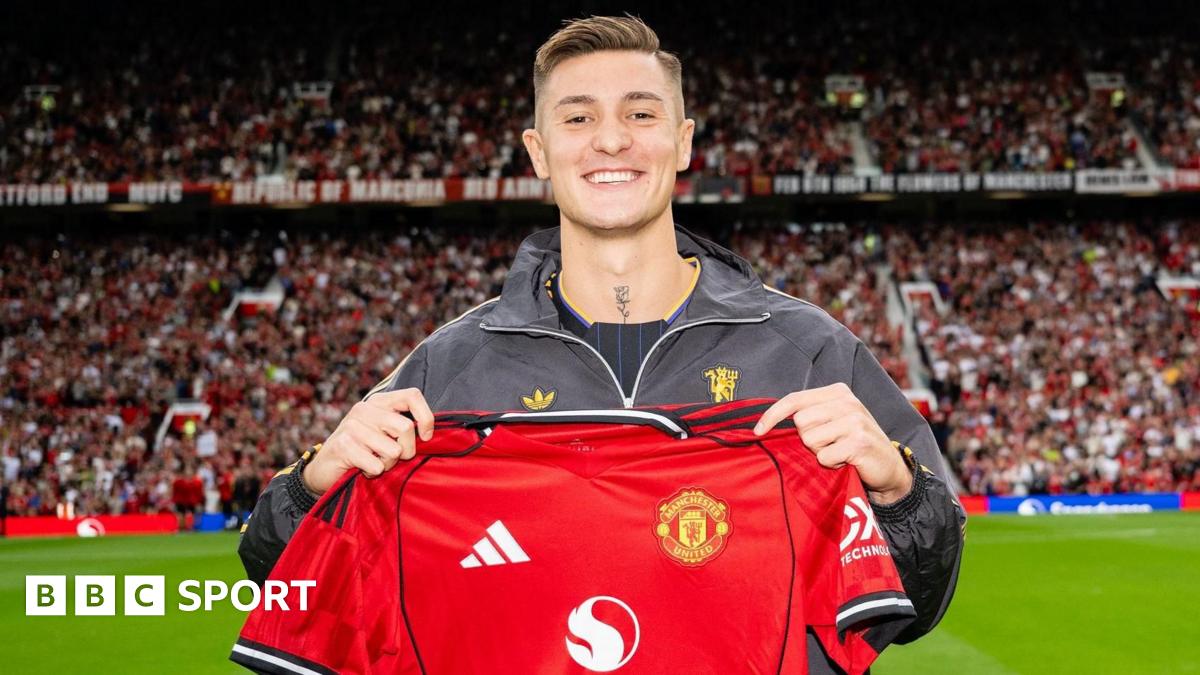
So, United finally land their man in Benjamin Sesko. £74 million is a serious statement, especially when you factor in the Cunha and Mbeumo acquisitions. Forget the immediate tactical impact for a moment; let's talk about age. Sesko, Cunha, and Mbeumo? All relatively young. What does that tell us? Ruben Amorim isn't just building a team; he's constructing a dynasty (or at least attempting to).
The immediate question is, of course, how does Sesko fit? The article highlights his pace, aerial prowess, and long-range shooting ability. Tactically, that's a goldmine. You can play him as a lone striker, utilize him in a front two, or even deploy him on the wing in a pinch. His versatility provides Amorim with tactical flexibility that was clearly lacking last season, given their disastrous league finish. But again, back to the age profile. This isn't a short-term fix; it's a calculated gamble on future potential.
Consider the implications for existing players. Hojlund, as the article rightly points out, is the obvious casualty. At 22, he's hardly ancient, but in footballing terms, he's no longer the shiny new toy. Selling him for £30 million, even if it represents a significant loss, makes strategic sense. It frees up wages, streamlines the squad, and reinforces the message that Amorim is building around a specific core – a core defined by youth and potential resale value. Harsh? Maybe. But this is modern football.
Then there's the broader market context. Liverpool splash out on Wirtz, United respond with a triple attacking swoop. The arms race for young talent is officially on. Clubs are no longer content with simply buying established stars; they're actively seeking out the next generation of superstars, hoping to cultivate them into world-beaters. This inherently increases risk, of course. Not every young player fulfills their potential. But the rewards – both on and off the pitch – are potentially astronomical.
One has to wonder though, are United sacrificing experience *too* much? A dressing room full of youngsters, however talented, can lack the leadership and steel required to navigate difficult periods. Who will be the Roy Keane figure in this team? Who will drag them through the mud when things aren't going their way? Perhaps Amorim has identified leaders within this young group, or perhaps he plans to bring in experienced heads to guide them. Either way, it's a crucial question that needs answering. Because raw talent alone doesn’t guarantee trophies...